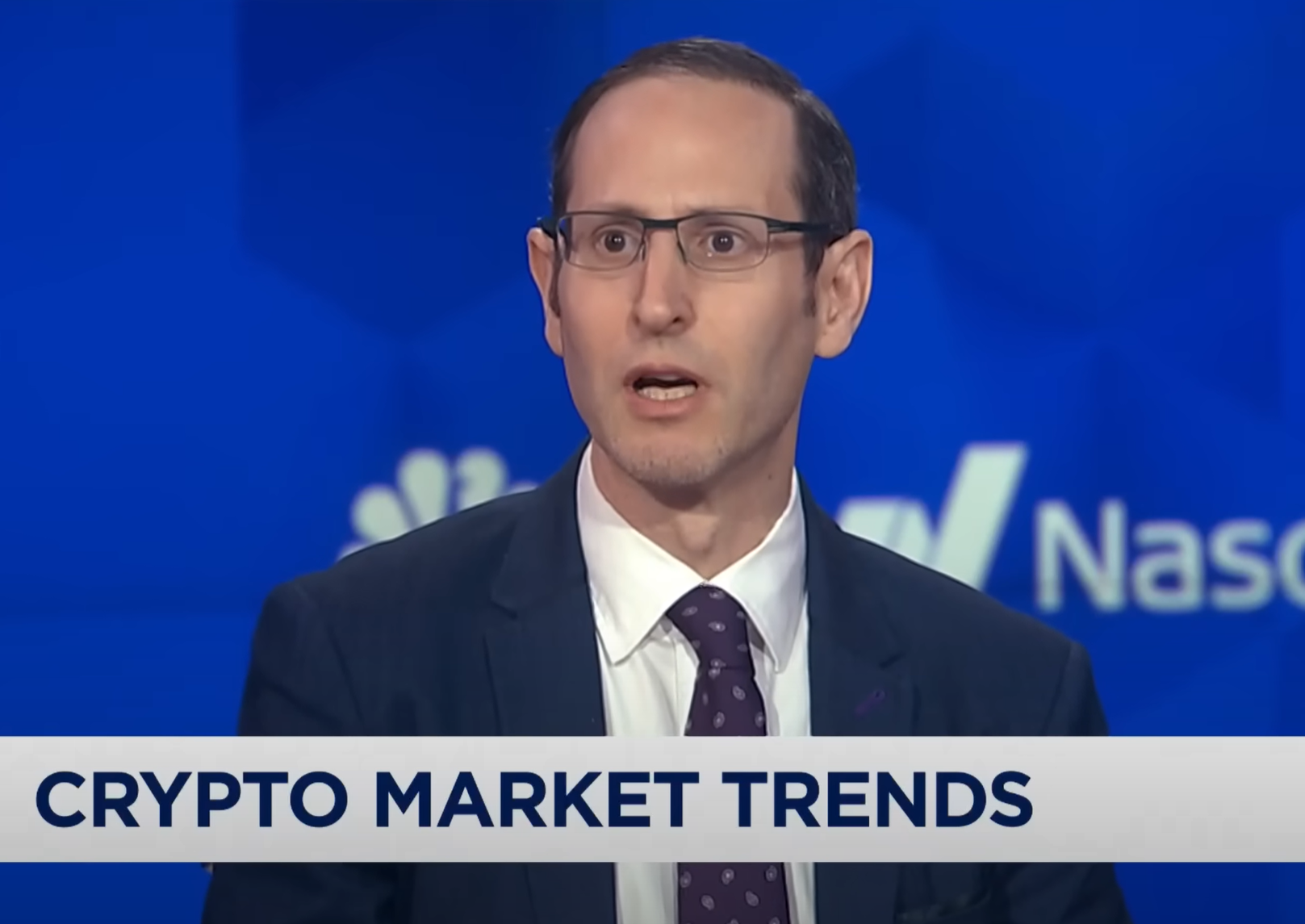Australia’s finance minister Jane Hume has outlined the government’s stance on cryptocurrencies, stating in a speech that cryptocurrencies are here to stay.
Hume spoke at the Stockbrokers and Financial Advisers Association Conference in Sydney, where she outlined the government’s approach to the emerging digital finance platforms, hinting at potential future regulation by stating that digital currency transactions were subject to Australian law. She also added that the country takes no issue with their citizens investing in cryptocurrency.
“I would like to make something clear: cryptocurrency is not a fad. It is an asset class that will grow in importance. If you want to invest in Dogecoin, I won’t stand in your way. Personal opportunity and personal responsibility are two sides of the same coin.”
The finance minister also brought up the problematic nature of platforms such as TikTok and Reddit which younger traders utilise for sourcing financial advice. These platforms are popular sources of advice for millennial and GenZ traders, but can lead to bad financial decision making.
“Some of the information and opinions that consumers receive from online forums will be bad. But some of it will be good. And a lot of it will better engage younger generations in investment and financial markets,” she added.
While cryptocurrency is still unregulated in Australia, users and crypto organisations are still subject to Australian law., which includes market conduct, know-your-client and tax laws. Compared to other nations, Australia’s approach to crypto has been relatively lax, and the recent speech by Humes is encouraging for the Australian crypto space.
Following a gloomy week for the cryptocurrency markets, China effectively banning cryptocurrency, and Bitcoin losing a third of its value, the comments by Australia’s finance minister speaks broadly of the country’s liberal stance on the currency. While warnings have been handed out by the government, the discussion of the definition of digital assets may signal a move towards future regulation.
Disclaimer: This article is provided for informational purposes only. It is not offered or intended to be used as legal, tax, investment, financial, or other advice.
Credit: Source link























